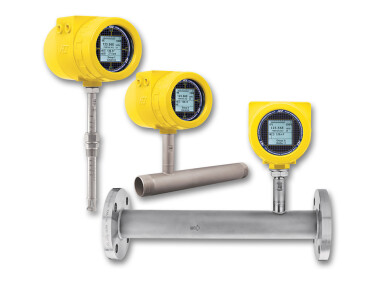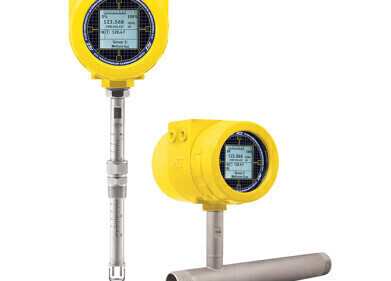Flow Level Pressure
Is China Still Supplying North Korea?
Jan 26 2018
After sanctions were placed on North Korea restricting their fuel supplies, suspicions have been raised about high-sea exchanges between North Korean and Chinese ships. With concerns about illegal and covert shipments, is China the culprit of suppling North Korea with refined petroleum?
Sanctions against North Korea
In December the United Nations Security Council placed sanctions on North Korea to restrict their fuel use. Under the sanctions, the amount of petroleum allowed to be imported had been cut by 89%. This has only intensified North Korea’s fuel shortage as a poverty-stricken country.
These sanctions mean that all nations are urged to review their shipping and stop all ship-to-ship transfers with North Korea. The article ‘Non-Invasive Clamp-On Ultrasonic Flow Measurement of Crude Oil’ discusses the measurement of crude oil imports more generally.
Mystery smugglers
Considering the new sanctions have made trade illegal, North Korea have turned their interest towards secret shipments according to diplomatic officials. However, smuggling and clandestine ship-to-ship transfers are difficult to prevent and to prove. To predict and prevent such activities would mean banning suspect ships, which would only lead to further tensions with North Korea.
President Trump has been a formidable force behind these new sanctions and has since accused China of allowing fuel exchanges through ship-to-ship transfers. In photographs taken by an American spy plane, the Lighthouse Winmore vessel has apparently offloaded 600 tons of oil to a North Korean ship. A diplomat said these exchanges were occurring in the East China Sea.
This ship was previously impounded in November by South Korea, but there was no immediate evidence of official involvement with China. The owner of the ship is based in Hong Kong and it was leased by a company in Taiwan.
Economic pressures
Now under economic pressures, North Korea have been accused of evading sanctions by forging identification numbers and masking names and origins of ships. This comes after nuclear tests and previous high external imports of oil for nuclear testing.
It is difficult to put a number on the amount of smuggling, but officials fear it will only undermine efforts to halt North Korean nuclear ambitions. There are worries that inspections of vessels could be considered as a confrontational act against North Korea.
Going forward, will the sanctions on oil trading with North Korea be forcefully met, and will this lead to rocky waters for international relationships?
Digital Edition
PIN 25.5 Oct/Nov 2024
November 2024
Analytical Instrumentation - Picturing Viscosity – How Can a Viscometer or a Rheometer Benefit You? - Sustainable Grease Formulations: Evaluating Key Performance Parameters and Testing Method...
View all digital editions
Events
Dec 03 2024 Dusseldorf, Germany
Dec 08 2024 Anaheim, CA, USA
Turkey & Black Sea Oil and Gas
Dec 11 2024 Istanbul, Turkey
Dec 19 2024 Aurangabad, India
Jan 20 2025 San Diego, CA, USA



















